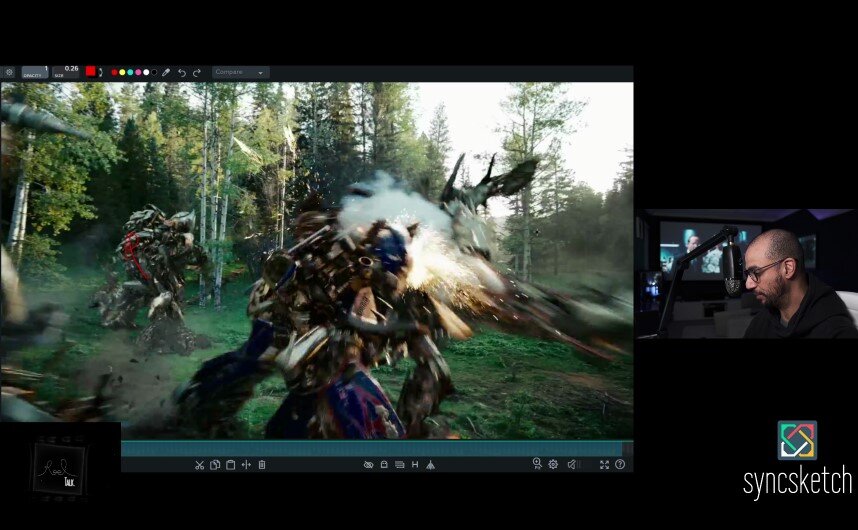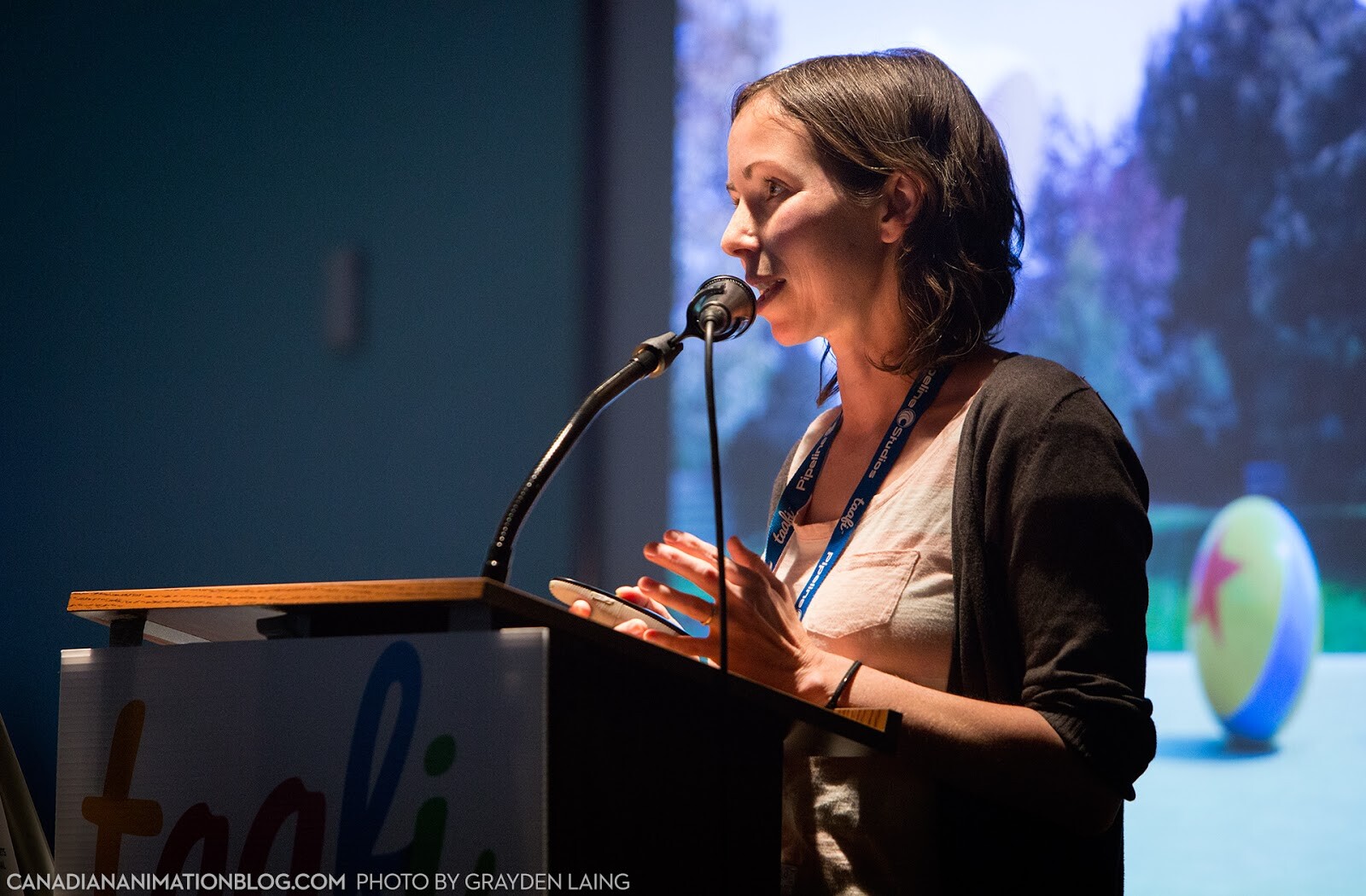Sketching out a Creative Career in Animation is a Collaborative Process, Insights from Industry Leaders
Historically the animation industry was heavily network-based, with professionals knowing their peers working in the field. As the animation workflow has shifted to remote-first or hybrid working, meeting new peers isn’t as commonplace- however, building these relationships is still important. Seasoned professionals can share insights with juniors starting in animation on how to forge a successful career.
For those entering the animation field, there are several challenges to overcome. Firstly, securing an entry-level job and secondly, working on projects without prior experience. Having a person to ask for advice from in both scenarios can be invaluable. Taran Matharu, Animation Supervisor at Moving Picture Company (MPC), and Allison Rutland, Animator at Pixar, shares how mentorship has helped them navigate their careers in animation.

“…She took me under her wing and helped me build a career in the Toronto film industry”
Allison has been in the animation industry for over fifteen years and has worked on Academy-award winning movies, including Toy Story 3, Coco, Inside Out and Turning Red. When Allison started working, there were very few women in the animation world, and without seeing people that looked like her, she suffered from imposter syndrome.

Allison shares her experience with her mentor in animation: “Holly Nichols, who worked at Guru Studio, was an informal mentor for me – she took me under her wing and helped me build a career in the Toronto film industry. She advised me on how I could seek work at other studios and gave me the courage and understanding I needed to approach these studios. Later on, animator Morgan Ginsberg helped me land my first big break working on a feature film, Everyone’s Hero. He helped answer my questions about animation techniques when they popped up. The animation world seems big as a new starter- but once you know how to navigate it, you can see how everyone connects.” Having a mentor like Holly helped Allison piece together what a career in animation could look like for a woman aspiring to progress through the industry. Learning from colleagues and gathering as much animation experience as she could helped Allison land her ultimate career goal- a full time animator position at Pixar in 2009.
“I had learnt gameplay but not cinematics”
For Taran, the main challenge in his career was pivoting from game animation to film animation. Taran was thankful to his mentor for guiding him toward his dream career. “Emile Ghorayeb, who is currently the Animation Director at MPC was my mentor. He had an outstanding career at Dreamworks and ILM. He had become part of the rising VFX industry in Montreal at the time. He helped me get my breakthrough in the film world from my initial career in games.”
“As an animator for games, I had learned gameplay but not cinematics. Nowadays animators in games do a lot of cinematics, but back then it wasn’t the case. Emile told me what I needed to learn. I had to do some extracurricular work to get up to speed. Emile saw something in my attempt to broaden my portfolio and gave me an opportunity on a film called Riddick. I got the chance to animate creatures and wild dogs- it was incredibly challenging but helped me learn and grow.” Having continued to work in film for the last ten years- these important pieces of advice offered early on in his career enabled Taran to move into the position he holds at MPC today.
It’s no surprise that Allison and Taran are now teachers of their craft. In recent years, Taran has been teaching animation through the online AnimSchool institution. Taran has also founded a YouTube channel called ReelTalk, where he analyses notable movie sequences and dives into details of peer-celebrated animation to pass on valuable insights to those looking to level up their craft. Meanwhile, Allison has shared her experiences and skills with emerging animators through Animation Mentor, an online platform on which she taught the course ‘Animation Basics’ – their first core character animation course.

It’s more important than ever to be proactive in your approach to seeking a mentor.
In today’s hybrid and remote working dynamic- it’s more important than ever to be proactive in your approach to seeking a mentor. Sending an email asking for general advice can seem like you’re burdening a busy professional so reaching out with a specific question makes it easier for them to respond. Once, I worked on a project where having an additional assistant on board could have helped the flow of work. A runner at the studio took a direct and proactive approach, asking to volunteer his time for two hours a day after his runner’s shift had ended. Naturally, I agreed. He ended up impressing the team, and the Head of Studio promoted him to Production Assistant on our project. He has since climbed the ranks and works as a VFX Producer at a top UK studio.
Mentors can help you understand what you need to do to bridge the gap between your current level of experience and the position you aspire to (…)
Mentors can help you understand what you need to do to bridge the gap between your current level of experience and the position you aspire to, whether that’s gaining experience in a core area or brushing up on specific technical skills. Talking and networking with professionals who have already navigated the path ahead can be vital to establishing and building relationships, which can help you move forward to thrive in your career.
